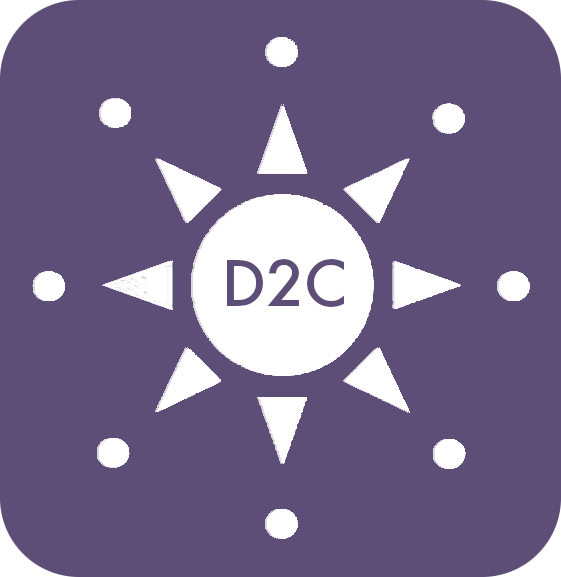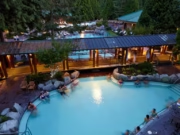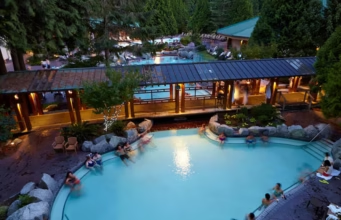Soaring in Style: The Ultimate Guide to Private Jet Adventures
Ever dreamt of whirlwind tours across continents, visiting iconic landmarks without the hassle of commercial flights? Private jet adventures turn that dream into reality. But are they all they’re cracked up to be? Let’s delve into the world of luxury travel by private jet, exploring the costs, experiences, and those all-important reviews.
Fit for Royalty: The Private Jet Experience
Imagine stepping onto a plush aircraft, greeted by attentive staff and skipping the usual airport chaos. That’s the magic of private jet adventures. These curated trips whisk you away to dream destinations in unparalleled comfort and style.
The Disney Difference: A Case Study
Adventures by Disney is a prime example, offering a flagship “Disney Parks Around The World” itinerary. This 24-day extravaganza takes you on a VIP tour of 12 Disney parks worldwide, with detours to iconic landmarks like the Taj Mahal and the Great Pyramids of Giza.
Cost of Luxury: How Much Does it Set You Back?
Luxury comes at a price, and private jet adventures are no exception. The Disney trip, for instance, can cost upwards of $150,000 per person. Other operators offer varying experiences and price points, but expect to shell out tens of thousands per person. Money well spent for a life changing experience. You will learn about cultures and customs as you travel in comfort and style. You experience great food and unique activities as you travel behind the scene to places that few have the chance to discover.
Reviews: What Do Travelers Say?
Reviews for private jet adventures are generally glowing. Travelers rave about the personalized service, exclusive access to destinations, and the seamless travel experience. Here’s what some reviewers have said:
- “Unforgettable! The attention to detail and the once-in-a-lifetime experiences were incredible.”
- “Absolutely worth the splurge. We saw and did so much more than we ever could have on a regular vacation.”
- “The best way to travel. From the comfort of the jet to the curated experiences, it was pure luxury.”
Is a Private Jet Adventure Right for You?
If you crave an exclusive, luxurious travel experience and have the budget to match, a private jet adventure might be your perfect trip. However, if budget is a major concern, there are fantastic around-the-world adventures to be had on commercial airlines.
Ultimately, the decision comes down to your priorities and travel style. For those seeking an unparalleled level of comfort, exclusivity, and access, a private jet adventure could be the ultimate way to explore the world.


























